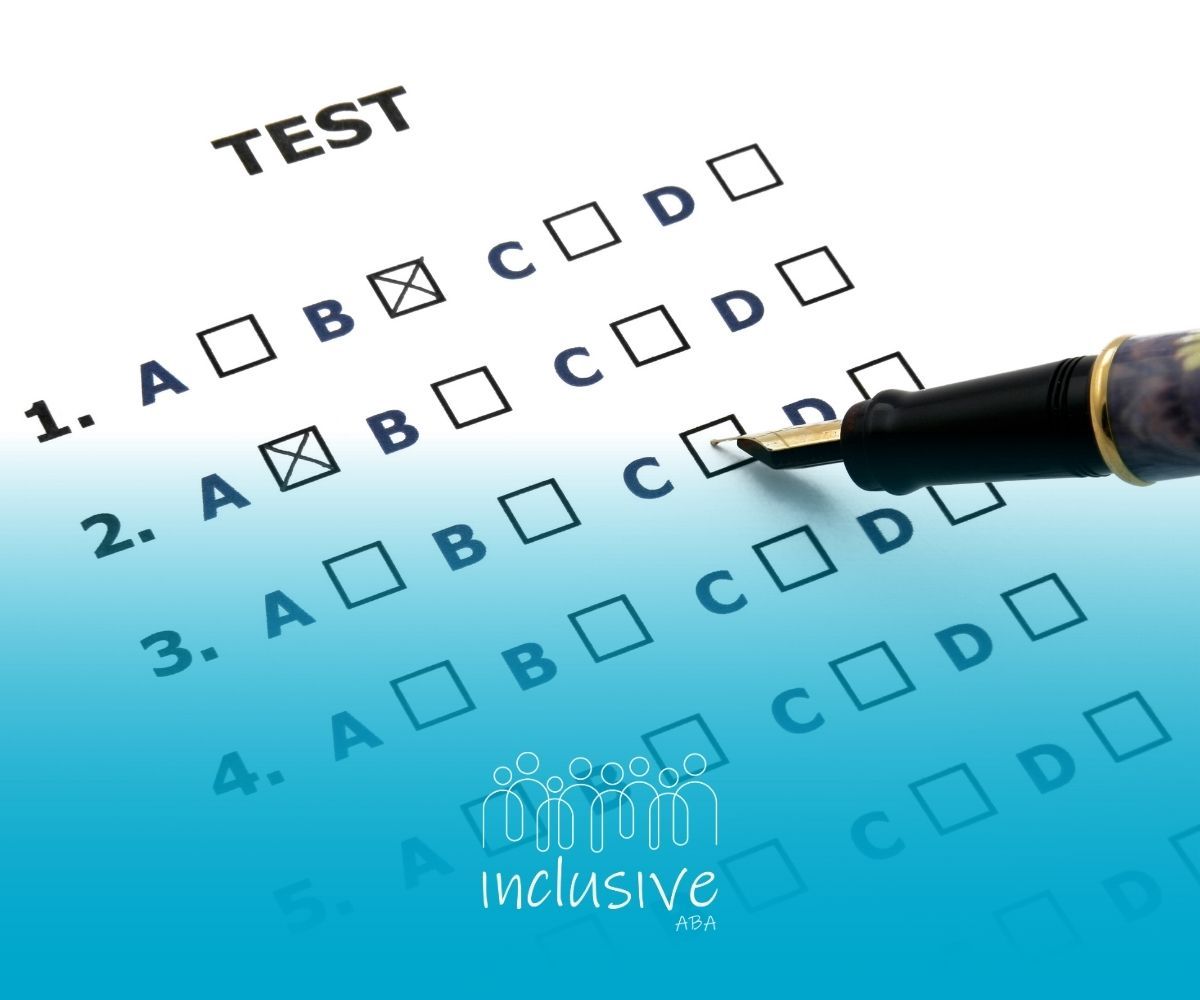The Truth Behind Anthony Hopkins Autism Diagnosis Revealed
When Sir Anthony Hopkins stepped into the spotlight to reveal his Asperger’s syndrome diagnosis, he joined a growing group of public figures shining a light on autism spectrum disorders. The truth behind Anthony Hopkins autism diagnosis has intrigued parents, educators, and therapists alike. His openness prompted questions: what does late diagnosis look like, and how does it shape personal and professional life?
This article explores Hopkins’ journey, from clinical definitions to career impact, offering clear insights for families, professionals, and individuals on the spectrum. Readers will find a neutral, fact-based overview backed by reputable sources and real-world reflections.
Autism Spectrum Overview
Defining Autism Spectrum Disorders
Autism spectrum disorders (ASD) describe a range of neurodevelopmental conditions marked by differences in social communication, repetitive behaviors, and sensory processing. Clinicians may spot signs as early as 14 months, though some individuals receive diagnoses later in life.
Key Diagnostic Criteria:
These criteria derive from the DSM-5 and are summarized by the National Center for Biotechnology Information.
Asperger’s Syndrome Explained
Asperger’s syndrome, once a separate diagnosis, now falls under the ASD umbrella. Individuals often show average or above-average intelligence with strong verbal skills but may struggle with nonverbal social cues and sensory overload. Back in the 1990s, limited awareness meant many adults went undiagnosed until well into middle age.
Hopkins’ Diagnosis Journey
When Diagnosis Occurred
Sir Anthony Hopkins received his Asperger’s syndrome diagnosis in his early seventies. He explained that decades of nervous ticks, habits, and obsessive thinking led him to seek clarity. By 2014, he publicly confirmed the assessment, placing himself on the “high end” of the spectrum.
Public Disclosure
Why did he share so late in life? Hopkins credited evolving clinical understanding and a desire to raise awareness. His disclosure made headlines around the globe. By speaking openly, he underscored that autism can go unrecognized in earlier decades, especially when society lacks screening tools or cultural awareness.
Career Impact Analysis
Strengths Linked to Autism
Hopkins often describes his diagnosis as a gift that bolsters his craft. Traits commonly associated with ASD—such as intense focus, pattern recognition, and attention to detail—have fueled his ability to dissect characters and bring them vividly to life.
- Obsessive Focus
- Deep Analytical Thinking
- Unique Social Observation
Overcoming Challenges
Even with these strengths, Hopkins faced hurdles. Sensory overload on set, unexpected changes to schedules, and nonverbal social nuances posed occasional stress. He credits his commitment to sobriety and meticulous preparation for helping him navigate those challenges and deliver some of his most memorable performances.
Role Model Significance
Late-Life Diagnoses Importance
Hopkins’ journey shows that autism diagnosis is not limited to childhood. Increasingly, adults—especially those with subtler presentations—seek assessments when new challenges arise or when clinical tools evolve. His story validates late-life assessments and encourages those who suspect ASD to pursue evaluation regardless of age.
Influence on Neurodiversity
By sharing his experience, Hopkins has helped break down stereotypes about autism. He demonstrates that ASD can coexist with high achievement in the arts, sciences, or any field. His example shines a hopeful light on neurodiversity, reminding society that different neurologies can fuel creativity, resilience, and depth.
Implications For Families
For Parents and Caregivers
Hopkins’ openness prompts families to remember that autism does not define potential. Parents may find comfort knowing diagnosis can empower support strategies, even in adulthood. Early intervention remains ideal, but it is never too late to build new coping skills or access community resources.
For Educators and Therapists
Teachers, ABA therapists, and school personnel benefit from understanding that individuals like Hopkins may excel when given structure and sensory accommodations. Small changes—clear routines, quiet workspaces, or visual supports—can enhance learning and self-advocacy for students on the spectrum.
Conclusion
Sir Anthony Hopkins’ autism journey underlines the evolving landscape of ASD awareness. His late Asperger’s syndrome diagnosis shows that clinical insights improve over time, and that seeking evaluation can unlock strengths at any age. Families and professionals can learn from his story by fostering environments that celebrate focus, curiosity, and diverse perspectives.
Whether you are a parent exploring an assessment for your child, an adult considering diagnosis, or an educator seeking inclusive practices, Hopkins’ experience offers both inspiration and practical lessons.
At Inclusive ABA, we believe it’s never too late or too early to understand your unique potential. Whether you’re seeking an autism evaluation, in-home therapy, or professional support, our compassionate team in Nevada, Nebraska, Utah, Iowa, Ohio and Colorado is ready to guide you. Contact us today for a free consultation and discover how our personalized ABA therapy services can support you or your loved one on the path to growth and empowerment.
Frequently Asked Questions
Can autism be diagnosed in adults?
Yes, autism can be diagnosed at any age. Many adults pursue evaluations later in life to better understand lifelong challenges and strengths.
What are common signs of autism in adults?
Signs may include social difficulties, intense focus on specific interests, sensory sensitivities, and challenges with change or routine.
Where can I get an autism evaluation in Nevada, Nebraska, or Colorado?
You can start by speaking with a licensed psychologist, neurologist, or a local ABA provider like Inclusive ABA, which can help connect you to diagnostic resources and support services.
SOURCES:
https://pmc.ncbi.nlm.nih.gov/articles/PMC8095519/
https://parade.com/news/anthony-hopkins-shares-message-after-losing-home-los-angeles-wildfires
https://pmc.ncbi.nlm.nih.gov/articles/PMC3410672/
https://www.everydayhealth.com/aspergers/7-famous-people-you-didnt-know-aspergers-syndrome/
https://www.biography.com/actors/anthony-hopkins
Looking for Expert Help? We're Here for You!
Our compassionate and skilled team is devoted to enhancing your child's development through customized ABA therapy. Let us partner with you to create a supportive environment for your child's success.
Discover how we can help your family thrive with expert ABA therapy.
Related Posts







